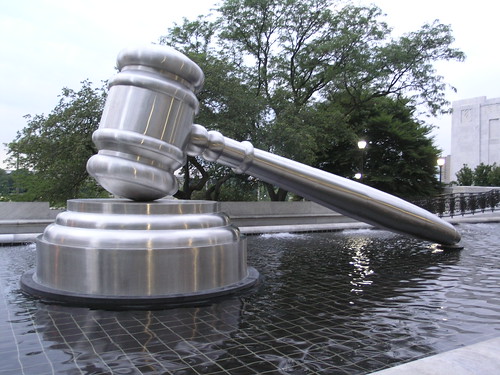Can you tell if someone is rich by a quick glance?
s. They're the ones who don't seem to be paying attention: Socioeconomic status (SES) is a primary determinant of health vulnerabilities and social affiliations. To ascertain if SES is signaled in brief patterns of nonverbal behavior, we had participants of varying SES backgrounds engage in a brief interaction with a stranger. Videos of 60-s slices of these interactions were coded for nonverbal cues of disengagement and engagement, and estimates of participants' SES were provided by naive observers who viewed these…
1 min read
Is it easier to tell what beautiful people are really like?
autiful people are seen more positively than others, but are they also seen more accurately? In a round-robin design in which previously unacquainted individuals met for 3 min, results were consistent with the "beautiful is good" stereotype: More physically attractive individuals were viewed with greater normative accuracy; that is, they were viewed more in line with the highly desirable normative profile. Notably, more physically attractive targets were viewed more in line with their unique self-reported personality traits, that is, with…
1 min read
Are you more likely to cave to weak temptations than powerful ones?
is series of studies examined the effect of temptation strength on self-regulation processes in the context of eating behavior. Based on the critical level model, it was hypothesized that weak, rather than strong, temptations yield the most unfavorable conditions for effective self-regulation, because the negative consequences of the former are underestimated. In line with the assumptions of this model, Studies 1 and 2 showed that weak temptations inhibited the mental accessibility of the weight watching goal, in contrast to strong…
1 min read
Are our snap decisions more ethical?
veral theories, both ancient and recent, suggest that having the time to contemplate a decision should increase moral awareness and the likelihood of ethical choices. Our findings indicated just the opposite: greater time for deliberation led to less ethical decisions. Post-hoc analyses and a followup experiment suggested that decision makers act as if their previous choices have created or lost moral credentials: after an ethical first choice, people acted significantly less ethically in their subsequent choice but after an unethical…
1 min read
Can you tell which criminals are more likely to reoffend just by looking at their tattoos?
e purpose of this study was to examine the relationship between prison tattoos and the criminal lifestyle and recidivism. Participants consisted of 81 male inmates with prison tattoos (i.e., prison-themed or prison-made tattoos), 75 inmates with nonprison tattoos (e.g., animal tattoos, tattoos of ethnic origin), 52 male inmates with no tattoos, and 66 college students with tattoos. Results indicated that inmates with prison tattoos differed from inmates with nonprison tattoos, inmates without tattoos, and college students with tattoos with regard…
1 min read
What’s a quick trick to help you spend less money?
a Journal of Consumer Research: To examine consumers‟ feelings of constraint, Spiller assigned study participants to a monthly budget group or a weekly budget group and gave them the opportunity to make 20 purchases. Those in the monthly group were given a sum of money at the beginning that they could spend throughout, whereas those in the weekly group were given a smaller amount four times throughout the study. “Compared to those in the monthly budget group, those in the weekly budget group looked at future…
1 min read
Should you trust your gut when deciding whether a neighborhood is safe or not?
a Science Daily: It's an unfamiliar neighborhood and you find yourself in the middle of a bunch of streets and buildings you've never seen before. Giving the environment a quick once-over, you make a snap decision about whether you're safe or not. And chances are, that first 'gut' call is the right one, say Binghamton University researchers Dan O'Brien and David Sloan Wilson in an article published in the current issue of Journal of Personality and Social Psychology. And: Through…
1 min read
Do hungry judges give harsher sentences?
e judicial rulings based solely on laws and facts? Legal formalism holds that judges apply legal reasons to the facts of a case in a rational, mechanical, and deliberative manner. In contrast, legal realists argue that the rational application of legal reasons does not sufficiently explain the decisions of judges and that psychological, political, and social factors influence judicial rulings. We test the common caricature of realism that justice is “what the judge ate for breakfast” in sequential parole decisions…
1 min read








